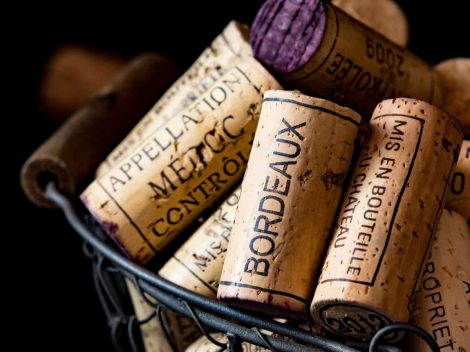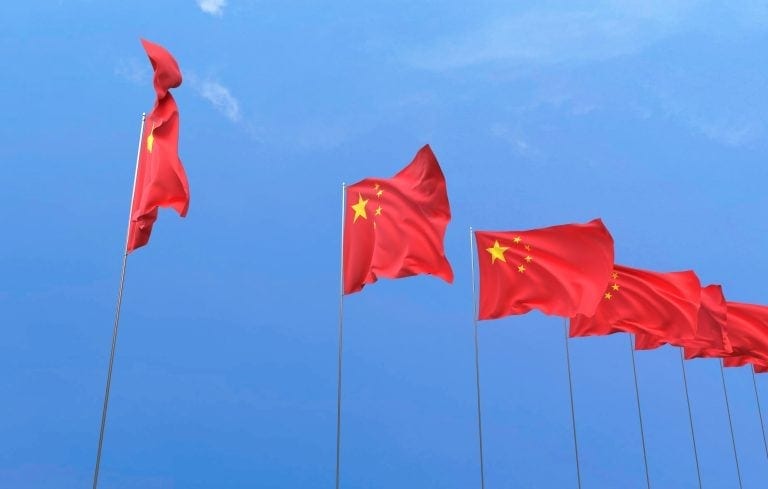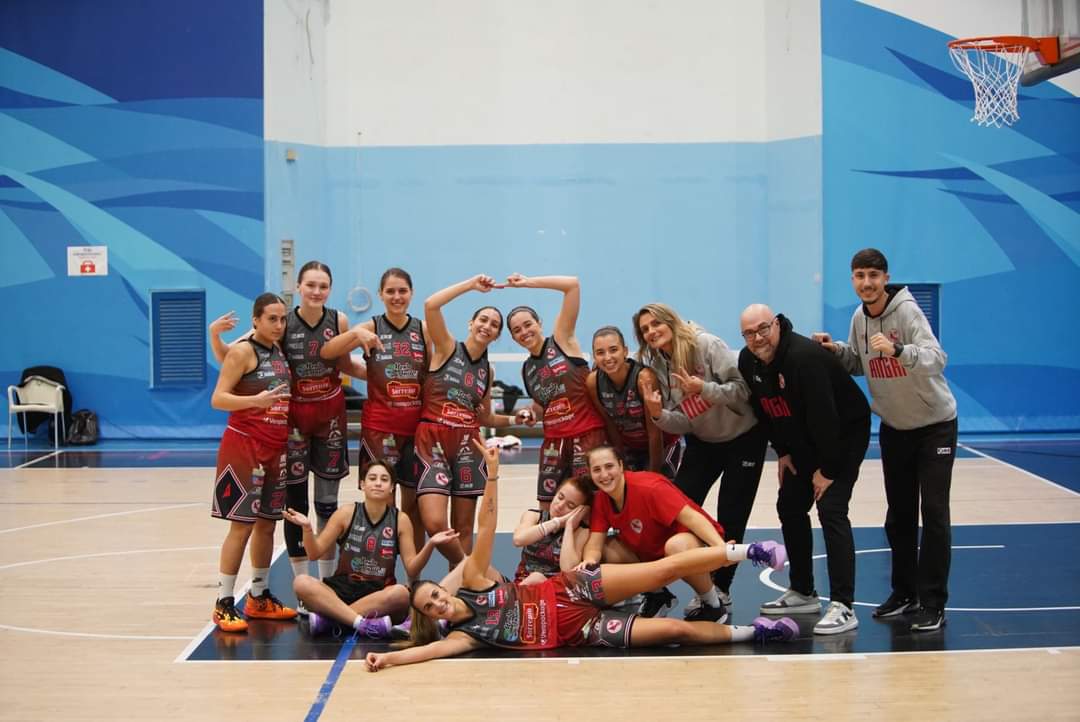Table of Contents
After over a decade of acquisitions a Bordeaux many Chinese investors they reverse course. The reason? The blocking of capital by Beijingthe decrease in consumption and demand for wine at a national level and the underestimation of the management costs of French properties. A set of causes that pushed many of the buyers to a sudden exit from the French stage.
The emblematic case of Château Latour Laguens
Second Vino Joy News China would have acquired more than 200 Bordeaux properties dal 2012including those that ended up in the hands of the billionaire Jack Ma and to the actress Zhao Wei and the Hong Kong businessman Peter Kwok. But as of today a total of around 50 Chinese-owned Bordeaux companies are reportedly up for sale Li Lijuana real estate agent and Asian market specialist in Vineyards-Bordeaux, at the South China Morning Post.
A good example, synthesis of this process is lo Château Latour Laguens. Il Longhai Investment Groupa real estate company based in Qingdao in the province of Shandonghad purchased in 2008 the winery. An investment made with the belief that the wines would bring profits in a short time by importing the wines into the Chinese market. However, some 16 years later, the property is up for auction, with a starting price, without the vineyards, of just 150mila euro. Initially, Latour Laguens had benefited from the French wine boom in China. A Qingdao wine merchant reported to Vino Joy that the estate has seen strong sales through group buying, distributors and high-end supermarkets, bolstered by Longhai’s connections in the real estate industry. A rosy picture that came to an end with increased competition in wine imports and a slowdown in the Chinese economy.

The betrayed expectations of Chinese investors
There are several reasons behind the change in direction of Chinese entrepreneurs. On the one hand there is Beijing’s decision to impose strict capital controlswhich dealt a heavy blow. “The Chinese can no longer invest abroad because their money is blocked in China,” Li Lijuan said. But this is not the only reason for the great escape. Upstream there would be the false expectations who contributed to determining this process. «Some investors – reported Li Lijuan – bought without taking into account the financial stability of the properties or the future of their investments. They have underestimated the management costs of companies, overestimating the possibilities of selling expensive wines in the already “crowded” Chinese domestic market”.

The collapse of wine consumption in China
Shen Yia former executive in China’s domestic wine industry, told Vino Joy that many properties presented operational challenges before being purchased by Chinese investors, who often they lacked experience in vineyard management. «Many were attracted by the possible profits of wine, but they underestimated the demands of the industry and their management. As the main activities of these entrepreneurs are located in China, making it difficult to effectively manage wineries abroad.” Alongside this it should be noted that in post-Covidil internal consumption of China’s wine has plummeted, falling by a quarter in 2023 alone, according to the International Vine and Wine Organization. “China’s economic recession has made things worse and wine sales are declining, so companies are selling assets to recover funds,” concludes Shen Yi.

**Considering both the challenges and opportunities discussed, what specific strategies could help ensure the long-term success of Chinese investments in the Bordeaux wine industry?**
## Chinese Investment in Bordeaux Wine: A Turning Tide?
Welcome to World Today News. Today, we’re diving into the fascinating world of Chinese investment in Bordeaux wine and the recent trend of divestment. Joining us are two experts in the field:
**[Guest 1 Name & Expertise]** and **[Guest 2 Name & Expertise]**.
Welcome both of you!
**Section 1: The Rise and Fall**
* Let’s start by setting the stage. We’ve seen a significant influx of Chinese investment into Bordeaux vineyards over the past decade. What were the primary drivers behind this surge?
* The article mentions a number of high-profile Chinese buyers, including Jack Ma and Zhao Wei. What did these individuals likely see in Bordeaux as potential investors?
**Section 2: The Changing Landscape**
* The article indicates a “great escape” of Chinese investors from Bordeaux. What factors have contributed to this shift in sentiment?
* Beijing’s capital controls have been cited as a major obstacle. How do these controls specifically impact Chinese investors looking to acquire or maintain assets abroad?
* [To Guest 1] Can you shed light on the “false expectations” mentioned in the article?
* [To Guest 2] How have factors like the management complexities of vineyards and the sophistication of the wine market played a role in the challenges faced by some Chinese investors?
* The article suggests a decline in internal consumption of wine in China. How crucial is the Chinese domestic market to the success of Bordeaux wine producers?
**Section 3: Looking Ahead**
* Despite these headwinds, some experts believe the Bordeaux wine market will remain attractive to Chinese investors in the long term. Why might this be the case?
* What advice would you give to potential investors, both Chinese and international, considering involvement in the Bordeaux wine industry today?
* Do you foresee any particular trends emerging in the coming years that could shape the dynamics between Chinese investment and Bordeaux wine?
**Section 4: Broader Implications**
* This situation in Bordeaux raises interesting questions about international investments and geopolitical influences. How might this trend impact other major sectors and investment destinations?
Thank you both for your insightful perspectives. This has been a fascinating discussion about a complex issue with significant economic and cultural implications.
It will be interesting to see how the future unfolds for Chinese investment in Bordeaux and the global wine market more broadly.
